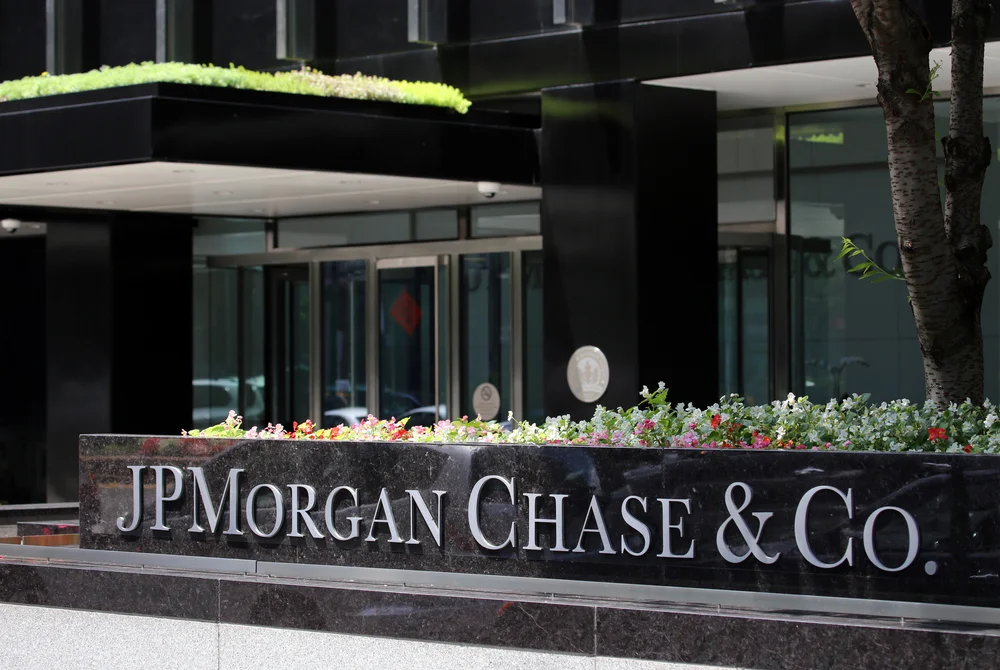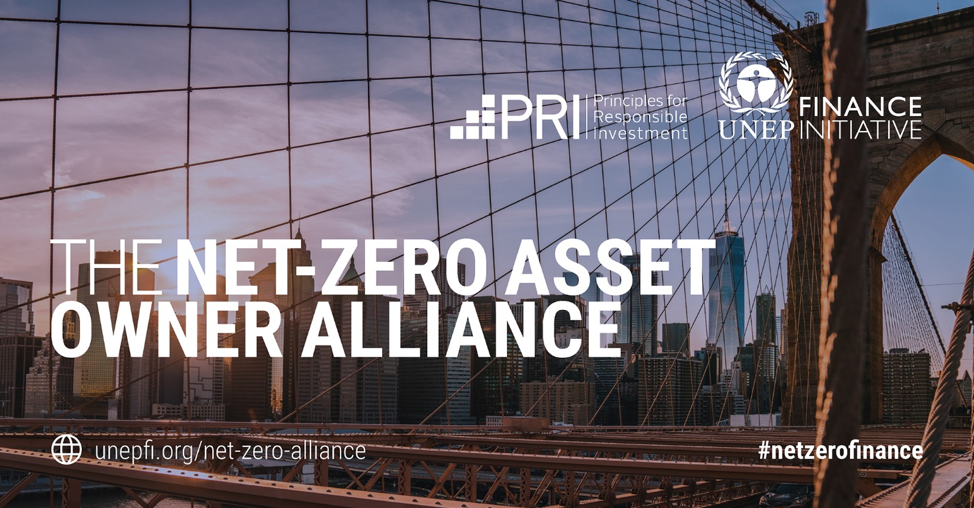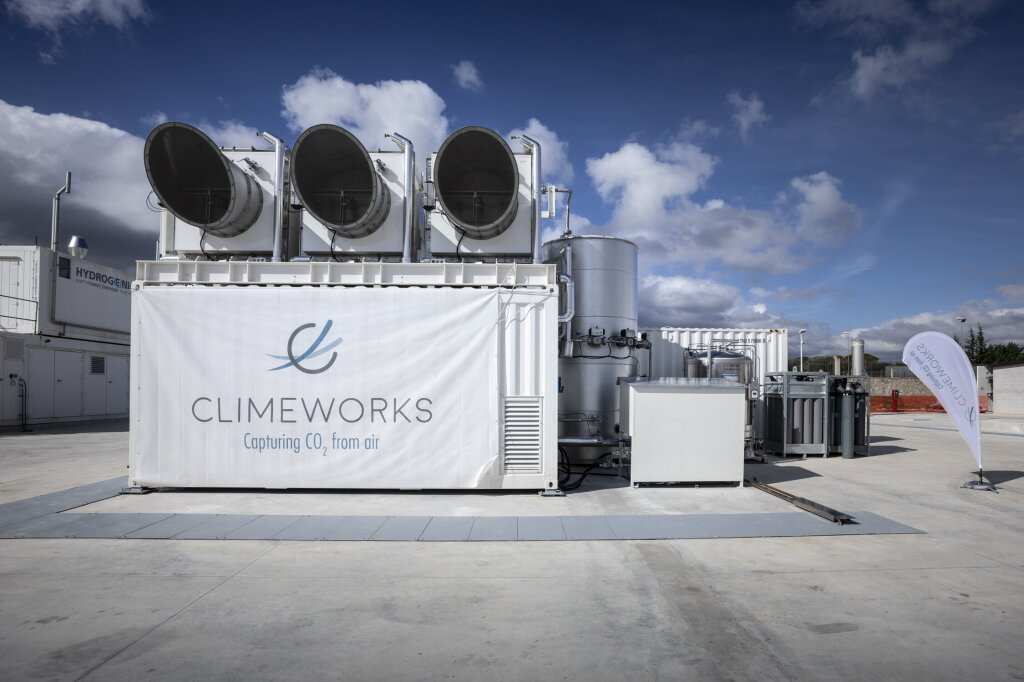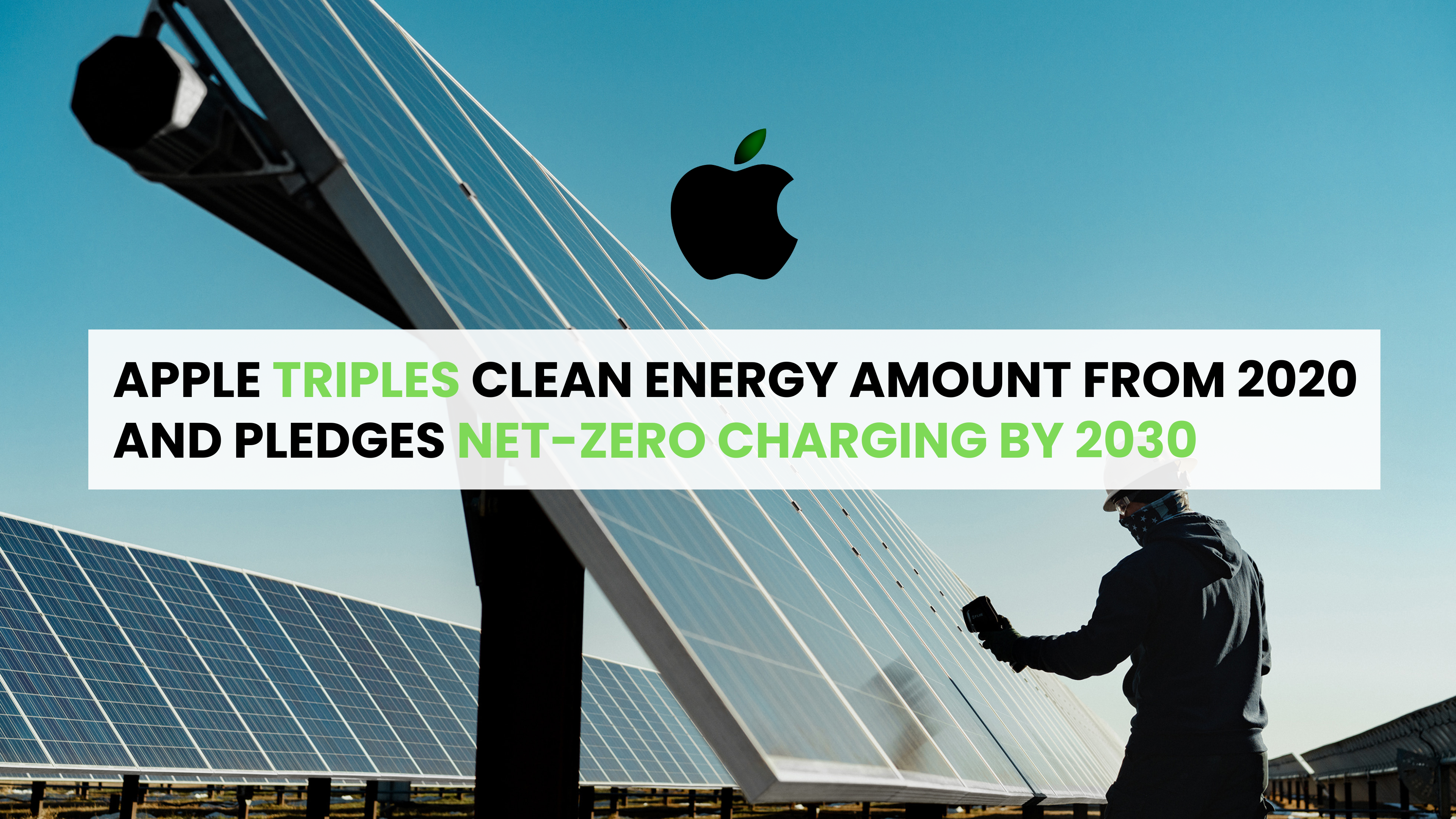Exxon, Japan’s Mitsubishi Heavy Tie-Up in Carbon Capture Technology
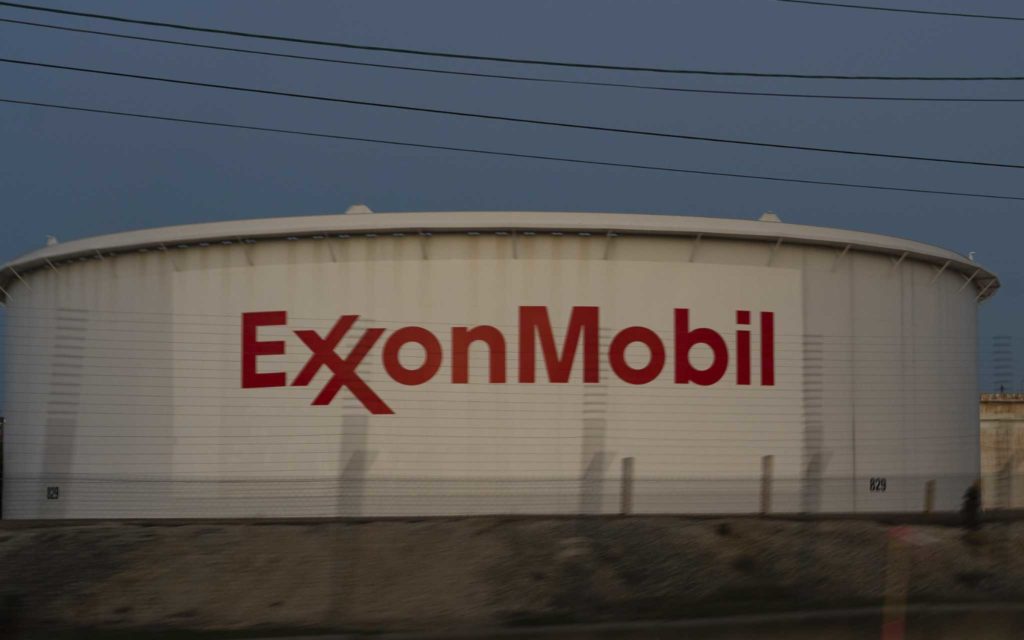
- ExxonMobil adds Mitsubishi Heavy Industries’ carbon capture technology to its integrated CCS offering
- Companies bring complementary capabilities to facilitate industry decarbonization projects
- Agreement will advance next-generation carbon capture technologies
ExxonMobil and Mitsubishi Heavy Industries (MHI) have joined forces to deploy MHI’s leading CO2 capture technology as part of ExxonMobil’s end-to-end carbon capture and storage (CCS) solution for industrial customers.
The joint effort combines ExxonMobil’s and MHI’s years of expertise in the industry and strengthens the companies’ ability to provide customers with solutions that will help advance a lower carbon future. By working together, the companies will provide industrial customers with the confidence that their CCS projects will be designed, built and executed effectively.
The companies have agreed to leverage their combined operating and engineering experience and core science capabilities with the support from The Kansai Electric Power Co., Inc. (KEPCO) to advance carbon capture technologies that could reduce the cost of CO2 capture for heavy-emitting industrial customers. The joint effort will build upon KM CDR Process and Advanced KM CDR Process, developed by MHI and KEPCO, the only liquid amine carbon capture technology commercially demonstrated at greater than 1 million metric tons per year.
“We’re excited to offer our large industrial customers the only complete carbon capture, transportation and storage solution in the market,” said Dan Ammann, president of ExxonMobil Low Carbon Solutions. “Adding Mitsubishi Heavy Industries’ leading carbon capture technology to ExxonMobil’s transportation and storage capabilities enables this compelling offering.”
ExxonMobil has more than 30 years of experience capturing and transporting CO2 and safely injecting it into geological formations. Mitsubishi Heavy Industries is the world’s largest licensor of post-combustion CO2 capture technology and has been developing it for more than three decades. The company’s record includes 14 commercial CO2 capture plants already delivered worldwide.
See related article: ExxonMobil, CNOOC and Shell to pursue carbon capture and storage hub in China
“Carbon capture and storage technology and innovation are critical to our path to net zero,” said Kenji Terasawa, president and CEO, Mitsubishi Heavy Industries Engineering, Ltd. “As an expert in advanced engineering, MHI is committed to leading the way in achieving decarbonization goals through strategic collaboration and investments in new technologies. We look forward to partnering with ExxonMobil to continue advancing carbon capture technologies to provide essential carbon neutrality solutions for various industries.”
ExxonMobil and MHI have worked together to build world-scale petrochemical plants over the past two decades in Baytown, Corpus Christi and Singapore. This CCS partnership continues the companies’ commitment to developing solutions for the energy transition on their paths to net zero.
MHI Group declared “MISSION NET ZERO” last year and is committed to building an innovative solutions ecosystem to realize a carbon-neutral future and achieve its net zero ambitions within its own operations by 2040. This includes strengthening its decarbonization technology offerings, such as developing a CCUS (Carbon Capture, Utilization and Storage) value chain and advancing hydrogen solutions.
ExxonMobil Low Carbon Solutions is working to bring lower-emission technologies to market, making them accessible to hard-to-decarbonize industries, including its recent agreement with a leading global manufacturer of nitrogen and hydrogen products in Louisiana. It is focusing its carbon capture and storage efforts on point-source emissions, the process of capturing CO2 from industrial activity that would otherwise be released into the atmosphere. Once captured, the CO2 is injected into deep, underground geologic formations for safe, secure and permanent storage.

